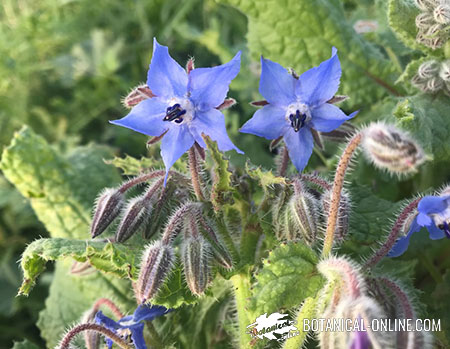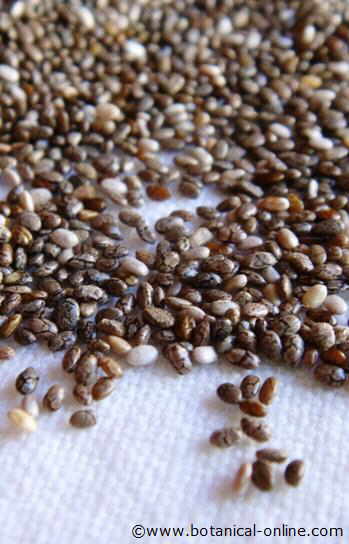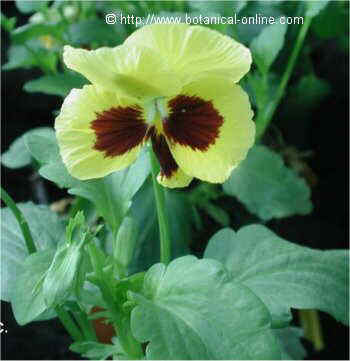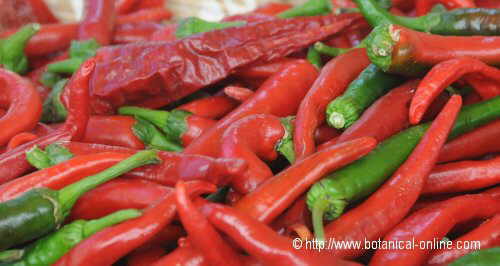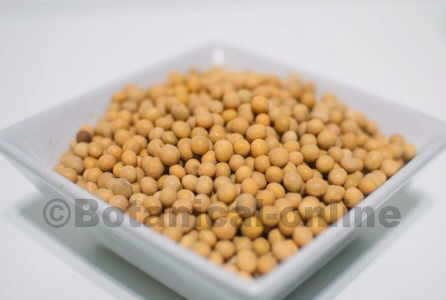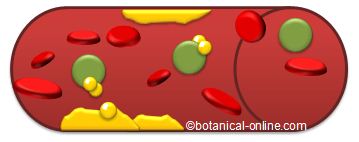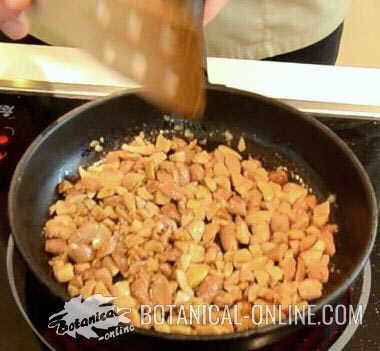Contents
Medicinal properties of quercetin
CHARACTERISTICS OF QUERCETIN
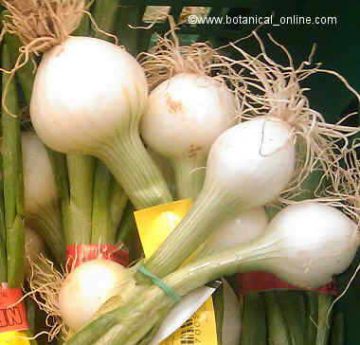
What is quercetin?
Quercetin is a flavonoid that is very interesting because it is one of the principles containing more medicinal properties. It appears in a large variety of vegetables and fruits, being one of the most common in the diet.
The richest food in quercetin is onion, which can be considered as a true preventive home-medicine.
Quercetin properties
Quercetin has many properties: analgesic, antiplatelet, vasodilatory, anti-arthritic, anti-bacterial, anti-herpetic, anti-inflammatory, anti-flu, anti-spasmodic, anti-ulcer, hepatoprotective, antidiabetic, anti-asthmatic, etc..
These properties are detailed below:
- Circulatory system: It benefits the circulatory system to prevent diseases such as arteriosclerosis, cholesterol, hypertension and angina. Quercetin thins the blood and prevents clots. Applied externally, quercetin -rich plants such as onions are used as hair lotions to treat baldness because quercetin stimulates circulation of the scalp and hair nutrition.
- Diabetes: Studies show that quercetin is a flavonoid with anti-diabetic properties. It protects cells from diabetic nephropathy, preventing damage that occurs in the kidneys when too much blood sugar appears.
- Natural antibiotic: quercetin -rich foods such as onions or apples have antiseptic properties due to this component. Onion is used for treatment of urinary tract infections such as cystitis. Quercetin is used s against bad breath (halitosis), as it inhibits the growth of bacteria in the mouth that cause it.
- Asthma: Quercetin is mucolytic, expectorant, antitussive, anti-inflammatory, antibacterial and antihistamine, so it helps improve asthmatic diseases, respiratory infections, bronchitis, hoarseness, and reduce allergy symptoms.
- Alzheimer’s: Scientific studies link this flavonoid as a protective factor against Alzheimer’s and other neurodegenerative diseases.
- Antioxidant: As good flavonoid, nor should we forget its antioxidant and anticancer value, especially in the development of cancerous tumors in the breast, skin, ovaries, lungs and bladder.
- Arthritis and inflammatory diseases: Anti-inflammatory properties of quercetin entitles it to treat arthritis. Because of its antispasmodic and anti-inflammatory properties, it helps improve intestinal conditions: colitis, inflammatory bowel disease, Crohn’s disease, etc..
Sources of quercetin
Green tea is a plant that has very large amounts of quercetin, but it is overcome by onion. Regular onion eating becomes a very clever way to get this so interesting component.
The properties of the onion, largely due to its richness in quercetin, were known by the ancient Egyptians, who fed the slaves with a diet rich in onions to keep them strong and healthy.
It can also be found in acerola, evening primrose leaves, spinach, garlic, cabbage, Brussels sprouts, okra, mangoes, aronia, apples, dragon fruit, oats, cherries and pears.
Quercetin Supplements
Quercetin is also sold in tablet form. It is often advised to take it along with hesperidin and rutin (other flavonoids) because it appears that these three components are complementary. Daily doses are usually set between 200 and 1100 mg daily.
Quercetin toxicity
Pregnant or lactating should not take quercetin supplements. There have been reports of adverse reactions in the stomach and, less commonly, dizziness and trembling in the legs.The oral use for food does not usually cause stomach.
Used intravenously, it can cause nausea, sweating, breathing problems and redness. It can inhibit the absorption of certain antibiotics.
![]() More information on components of the medicinal plants.
More information on components of the medicinal plants.
| MAIN FLAVONOIDS | |||
Rutin | |||

